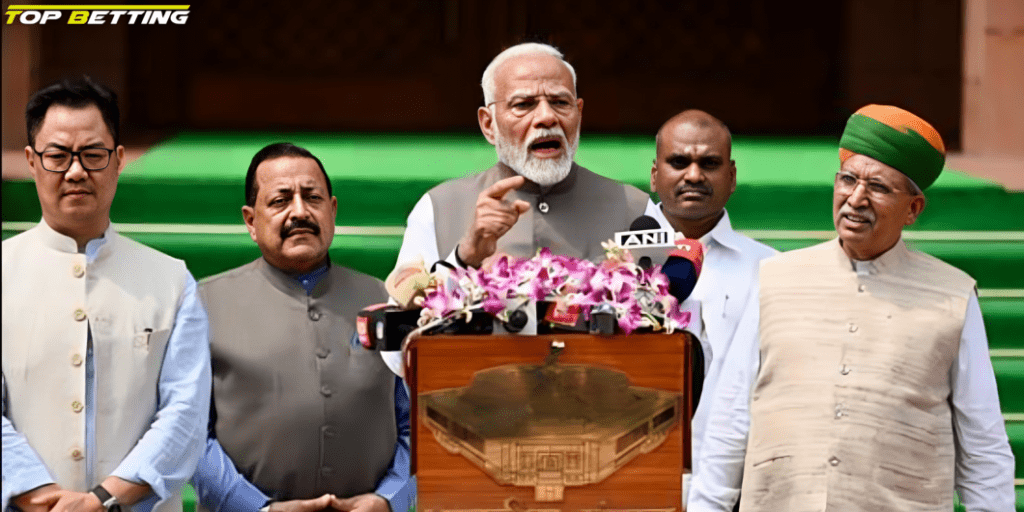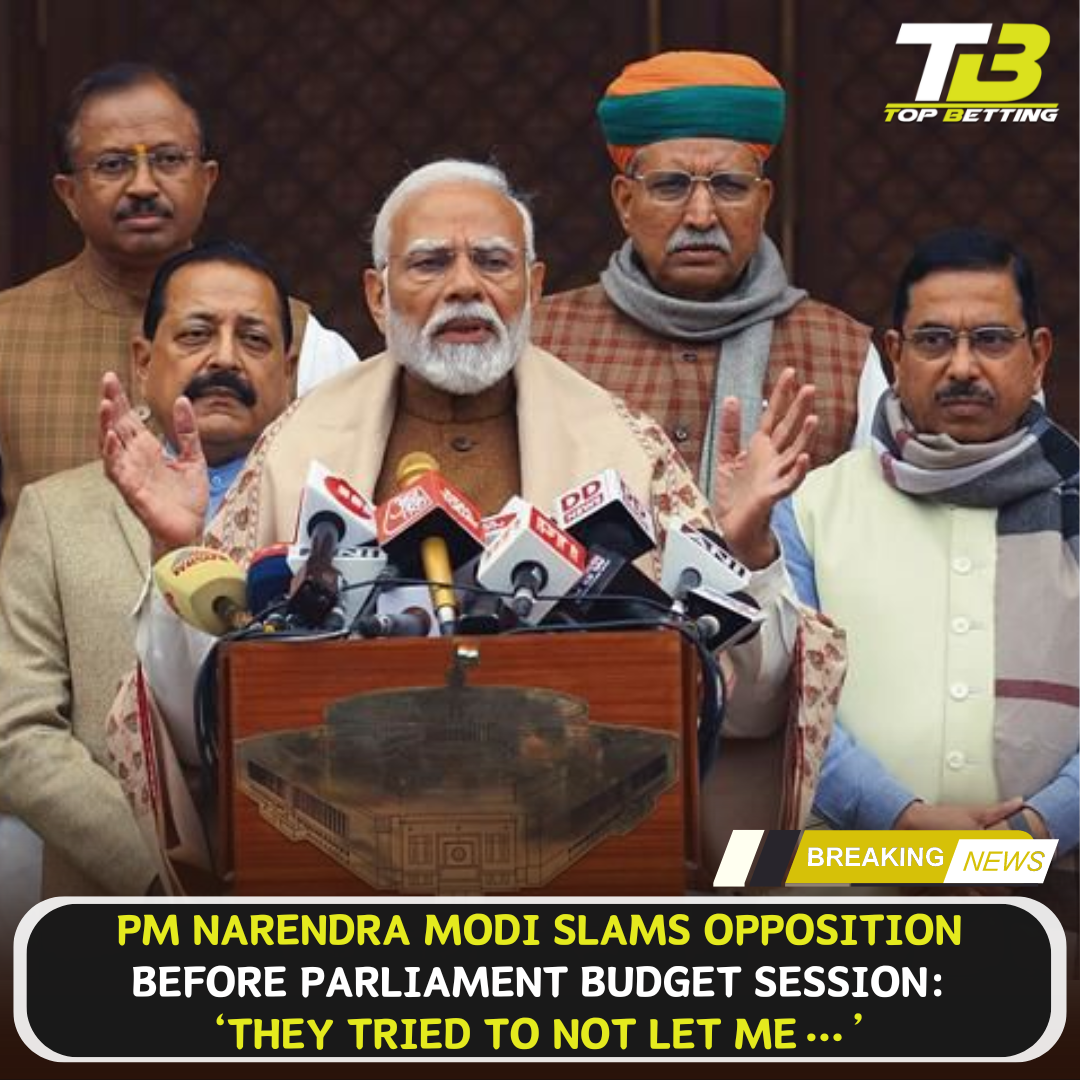
Narendra Modi slams Opposition before Parliament
Overview of the Parliament Budget Session
The Indian Parliament’s Budget Session is a critical time for the nation, as it sets the financial agenda and priorities for the coming year. This year’s session is particularly significant, as it comes amidst a challenging economic landscape and a politically charged atmosphere. All eyes were on Prime Minister Narendra Modi as he took the stage to address the members of Parliament, setting the tone for the session ahead.
As the leader of the ruling Bharatiya Janata Party (BJP), PM Modi’s words carry immense weight, and his speech was eagerly anticipated by both his supporters and political rivals. The Prime Minister did not disappoint, delivering a fiery and impassioned address that left a lasting impression on all those in attendance. With his trademark style of bold rhetoric and unwavering confidence, Modi made it clear that he would not be deterred by the Opposition’s attempts to undermine his agenda.
The Parliament Budget Session is a crucial platform for the government to showcase its achievements, outline its plans for the future, and respond to the concerns raised by the Opposition. In this charged political environment, PM Modi’s speech was more than just a routine address; it was a battle cry, a defiant declaration of his determination to forge ahead with his vision for the country, regardless of the obstacles placed in his path.
Key Highlights of PM Modi’s Speech
From the moment he took the podium, PM Modi’s presence commanded the attention of the entire chamber. His words were laced with a sense of purpose and unwavering conviction, as he laid out his vision for the country and the challenges he has faced in bringing it to fruition.
One of the key highlights of his speech was his scathing criticism of the Opposition’s tactics, which he claimed had been aimed at obstructing his work. “They tried to not let me,” he declared, his voice rising with a mixture of frustration and resolve. “But they couldn’t stop me from working for the people.” This bold statement was met with thunderous applause from the ruling party members, who clearly shared their leader’s sentiment of determination in the face of adversity.
PM Modi went on to detail the various ways in which the Opposition had attempted to hinder his progress, from introducing disruptive legislation to engaging in obstructionist tactics during parliamentary proceedings. He accused them of putting their own political interests ahead of the nation’s well-being, and vowed to continue pushing forward with his agenda, undeterred by their efforts.
Criticism of the Opposition’s Tactics
At the heart of PM Modi’s criticism of the Opposition was the belief that they had prioritized their own political agendas over the needs of the people. He accused them of engaging in a relentless campaign to undermine his government’s efforts, driven by a desire to regain power rather than a genuine concern for the country’s welfare.
“They tried to stop me at every turn,” the Prime Minister declared, his voice filled with a sense of indignation. “But I refused to be deterred, because my commitment is to the people of this nation, not to the whims of a few power-hungry politicians.” This statement resonated with his supporters, who have long accused the Opposition of engaging in petty partisan politics at the expense of the country’s progress.
PM Modi went on to detail specific instances where the Opposition had attempted to obstruct his government’s initiatives, from blocking key legislation to staging disruptive protests in the Parliament. He argued that these tactics were not only counterproductive but also a betrayal of the public trust, as the Opposition had been elected to serve the people, not to engage in political grandstanding.
Analysis of the Opposition’s Behavior During the Session
As the Prime Minister’s scathing critique of the Opposition’s tactics reverberated through the Parliament, it became clear that the political landscape had grown increasingly polarized. The Opposition, sensing the gravity of the situation, responded with a mix of defiance and conciliation, seeking to strike a balance between standing their ground and avoiding a full-blown confrontation.
Some opposition leaders, such as the Indian National Congress party’s Rahul Gandhi, attempted to take the high road, accusing the Prime Minister of engaging in divisive rhetoric and failing to address the real issues facing the country. Others, however, were more combative, launching personal attacks on Modi and his government, accusing them of authoritarianism and a disregard for democratic norms.
Conclusion
The Parliament Budget Session has been a pivotal moment in India’s political landscape, with Prime Minister Narendra Modi’s fiery remarks setting the tone for the proceedings. His unwavering stance and his scathing criticism of the Opposition’s tactics have captured the attention of the nation, sparking a heated debate about the direction of the country and the role of its political leaders.

While the Prime Minister’s supporters have hailed his bold and unapologetic approach, his critics have accused him of engaging in divisive rhetoric and failing to address the real concerns of the people. The media’s coverage of the session has only added to the intensity of the debate, with outlets across the political spectrum offering their own perspectives and analyses.










